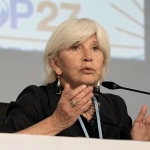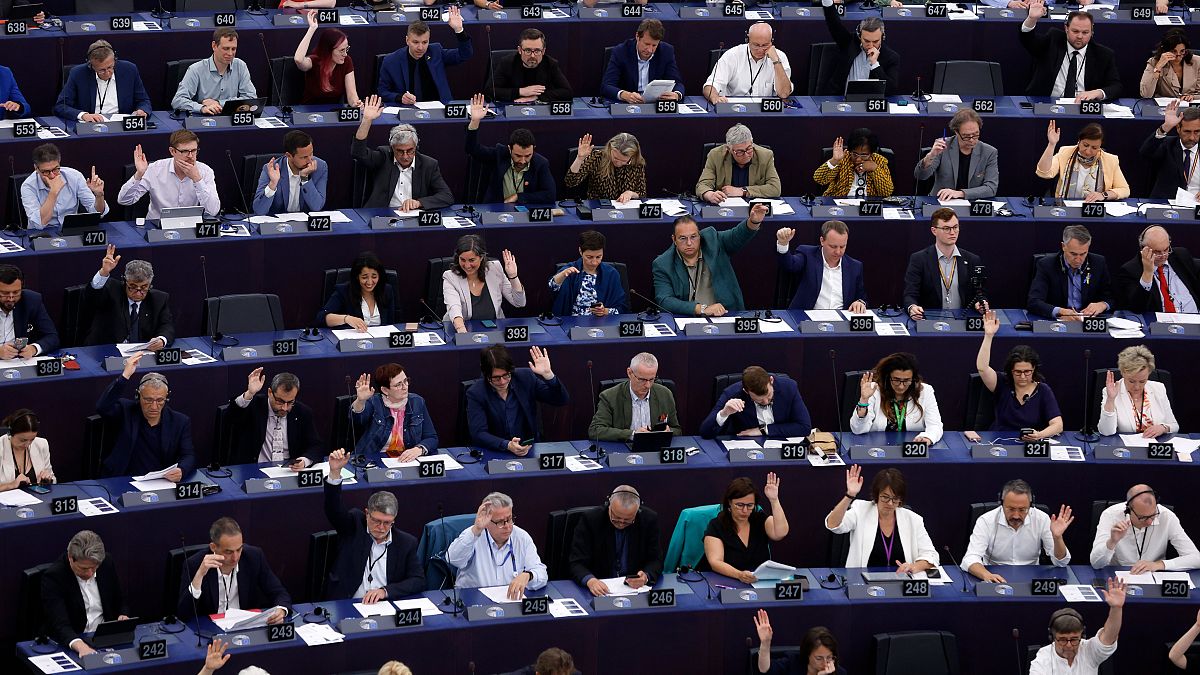In the complex landscape of the new European Parliament, Germany and Italy are emerging as key players within the major political groupings. Germany is expected to dominate Ursula von der Leyen’s European People’s Party (EPP) and also has a significant presence within the Green party. Italy, on the other hand, is set to hold sway over the centre-left socialists and right-wing Conservatives and Reformists movement (ECR). Meanwhile, France seems noticeably absent from the major pan-EU coalitions, raising questions about its influence in shaping the future of the European Parliament.
Euronews’ analysis indicates that most major parties, with the exception of a few dozen MEPs, have been assigned to one of the seven major political clusters that are expected to emerge in the coming weeks. France’s Republicans party, for instance, only has six MEPs in the EPP, reflecting its current internal struggles following attempts to align with the far-right. On the other hand, Poland’s strong representation within the EPP and ECR is seen as a positive sign for Warsaw’s EU influence, contrasting with the electoral setbacks faced by Germany and France.
While the results of the European elections have brought some clarity, much remains to be settled as EU groups have yet to formally decide on their composition. There is a possibility of new alliances forming or problematic partners being removed. Uncertainty also surrounds how extreme parties might come together, especially given the potential dominance of the National Rally in forming a far-right grouping. The inclusion of parties like Hungary’s Fidesz or Poland’s Law and Justice could further complicate matters, especially with differing views on key policy issues like Ukraine.
The European Parliament’s left-wing factions are also facing decisions on how to organize. With significant leftist delegations seeking alignment, the formation of an alliance led by figures like Germany’s Sahra Wagenknecht, Italy’s Five Star Movement, and the Smer party of Slovakian Prime Minister Robert Fico is on the horizon. However, differences among the various left-wing groups could impact their ability to wield influence within the parliament administration.
Overall, the evolving landscape of the European Parliament reflects a shifting balance of power within the EU’s major political groupings. While Germany and Italy appear poised to play significant roles, the absence of France from key coalitions raises questions about its future influence. As the composition of the parliament continues to take shape, the decisions made by individual parties and the alliances they form will ultimately shape the direction of EU policy and governance in the years to come.











